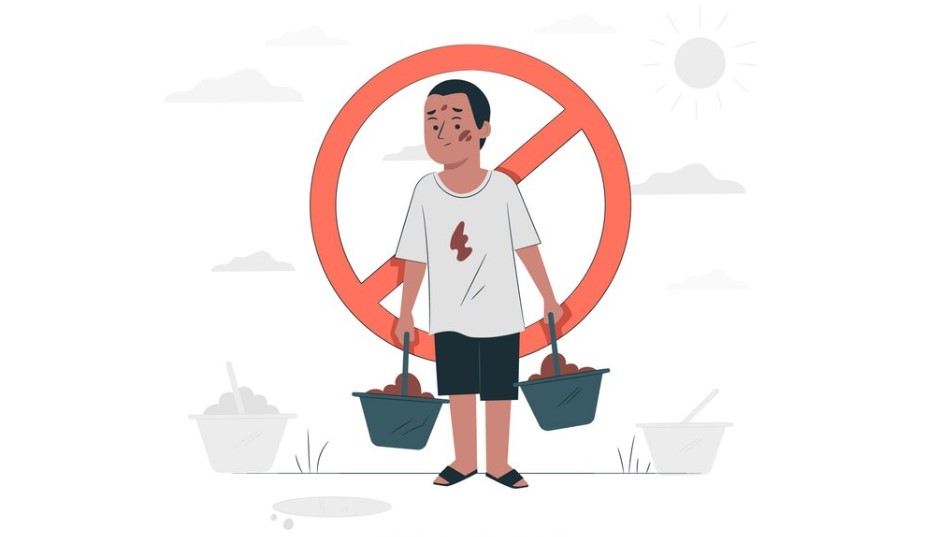Efforts are underway in several states to ease child labor laws, allowing children as young as 14 to work longer hours and in riskier occupations, including serving alcohol. Critics argue these measures, spearheaded primarily by Republican lawmakers, undermine safeguards for young workers.
Lawmakers in states like Wisconsin, Ohio, and Iowa are considering legislation that would loosen restrictions on child labor, a move attributed to addressing workforce shortages. As businesses grapple with labor shortages due to retirements, pandemic-related challenges, and immigration declines, the economic landscape is strained. However, experts caution that such measures risk endangering minors and reducing established labor protections.
Advocates are concerned that rolling back labor rules could lead to potential exploitation and hazardous conditions for young workers, including extended work hours and participation in more dangerous tasks. The proposal comes amid a tight job market, with unemployment at its lowest in decades.
Economists emphasize alternative strategies to alleviate workforce scarcity, including encouraging immigration, extending the retirement age, and improving affordable childcare options. While addressing labor shortages is crucial, balancing this with safeguarding young workers’ rights remains paramount.



